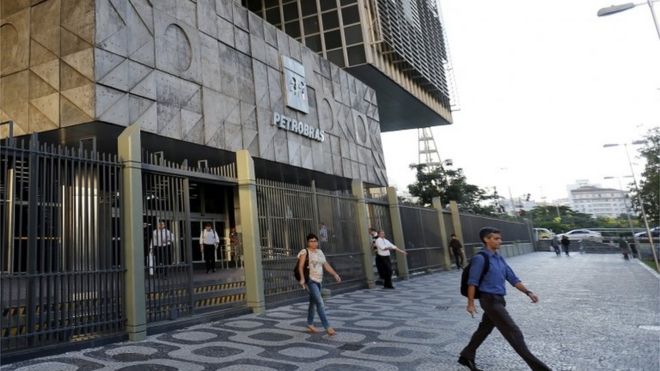Odebrecht SA, the engineering company at the center of a massive graft probe in Brazil, is selling its 55 percent stake in a $5 billion natural gas pipeline project in Peru, the pipeline manager told Reuters on Friday.
David San Frutos said international creditors interested in financing $4.1 billion of the project had asked that it have no links to Odebrecht or the corruption probe in Brazil, known as “Operation Car Wash.”
Spanish utility Enagas SA, which now controls 25 percent of the project, is interested in buying 6 percent of Odebrecht’s stake, said San Frutos, who heads Enagas’ Peru unit.
“The remaining 49 percent will be acquired by another company or other companies” but must be approved by both Enagas and the project’s other junior partner Grana y Montero SAA, San Frutos said in an email.
Odebrecht Latinvest, the company’s investment unit for Latin America, said in a statement that it was evaluating proposals and declined further comment.
Enagas and Grana y Montero, which owns 20 percent in the pipeline concession, took over management of the project last month to distance it from the probe in neighboring Brazil, where the former head of Odebrecht has been convicted of bribery, money laundering and organized crime.
Odebrecht is selling billions in global assets, including a hydroelectric dam and a road concession in Peru, to raise capital as it grapples with rising debt in the wake of the corruption scandal, its chief executive told Brazilian newspaper Folha de S.Paulo in an interview published April 1.
Read the full article on Reuters.
 Brazil’s state-run oil producer, Petrobras, has said it will cut 12,000 jobs by 2020. The voluntary layoff programme will help save $9bn at the company, which has struggled with losses following a price-fixing and bribery scandal.
Brazil’s state-run oil producer, Petrobras, has said it will cut 12,000 jobs by 2020. The voluntary layoff programme will help save $9bn at the company, which has struggled with losses following a price-fixing and bribery scandal.